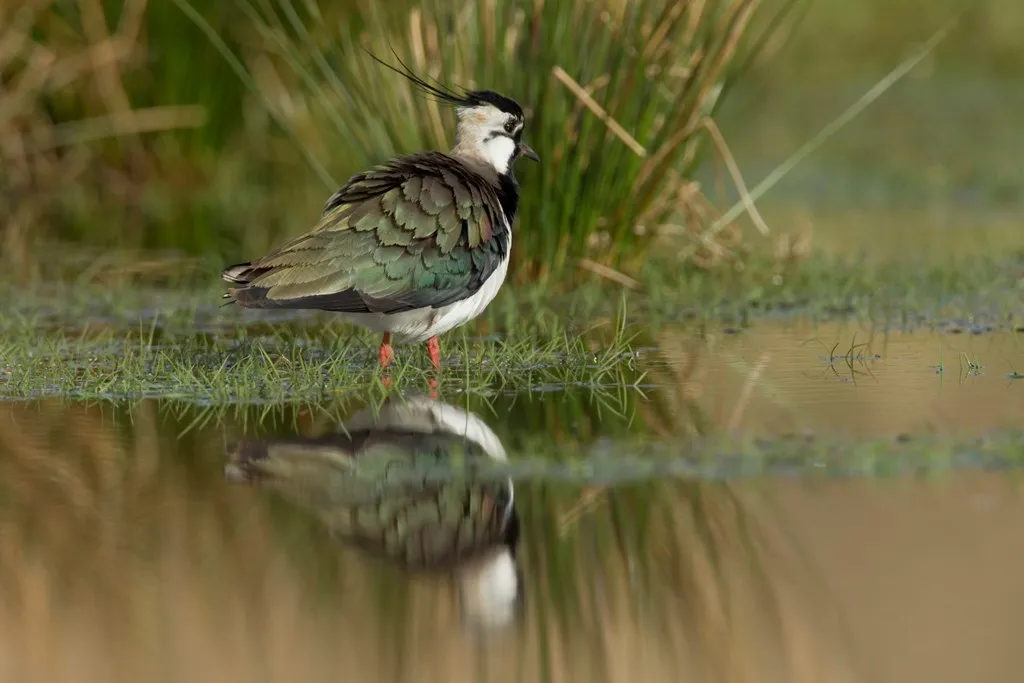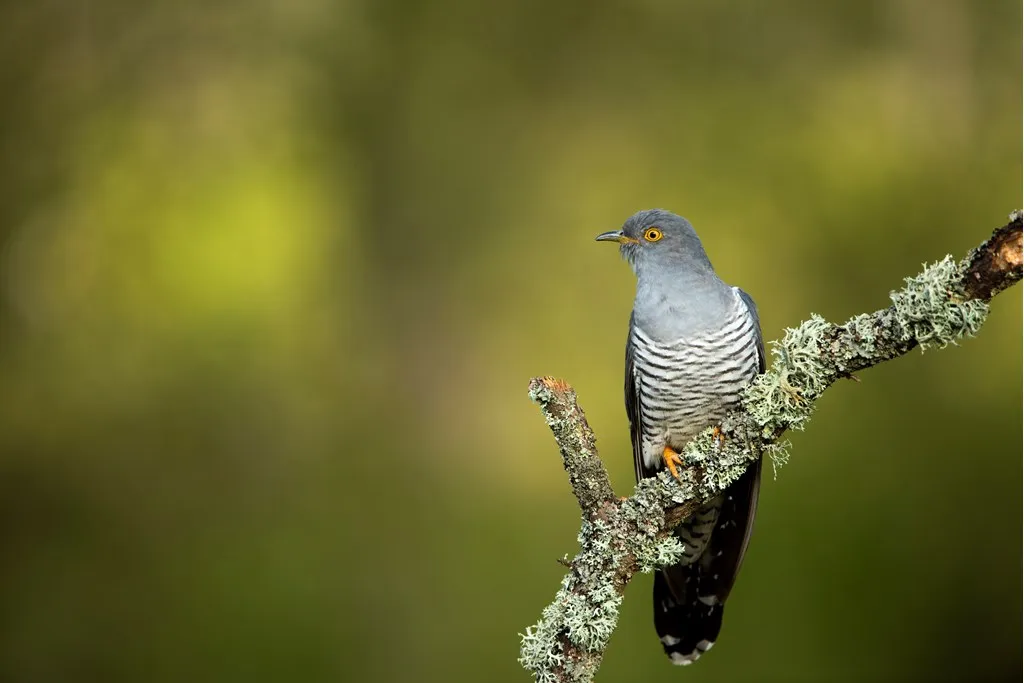With climate change creating ever-pressing threats to species and habitats across the planet, bird populations are feeling its effects across Europe and the US.
A major study recently published in the journal Science investigating 525 bird species over 30 years across Europe and the US surmised that there could be a time lag in the response of populations to climate change, creating an ‘extinction debt’.
The researchers found that every species of bird they looked at was being equally affected by climate change, concluding that this is causing widespread population increases and declines in equal measures.
The ability of different bird species to cope with climate change was found largely to be affected by the habitats they dwell in.
For instance, researchers found that wetlands species may be better able to respond more rapidly to changing conditions in the environment, as this particular type of habitat is able to withstand environmental changes for many decades. In addition, bird species who rely on the wetlands travel further distances for migration than many birds who rely on dry habitats, meaning that they may be able to respond more rapidly to changing conditions.

Meanwhile, birds which are struggling to cope with climate change include lapwings, wood warblers, and cuckoos, all of which have seen a dramatic decline in their numbers, predominantly due to habitat loss.
The authors of the study — led by the RSPB — were concerned that most studies focusing on the impact of climate change on bird populations covered time spans too short to ascertain whether habitat ranges were shrinking, and focused on changes in the birds’ range rather than their change in numbers.
Researchers believe that the delayed response of populations’ reaction to climate change could take place due to change in vegetation, for example, affecting the suitability of the birds’ habitat, which can take considerable time to take place.

They called for further research into the long-term consequences of climate change to be commissioned urgently.
“Our precious wildlife is already struggling to cope with habitat destruction, farming practices, pollution, harmful fishing, and invasive non-native species humans have introduced into fragile eco-systems,” said Head of Monitoring Conservation Sciences at RSPB, Professor Richard Gregory.
“The climate crisis and biodiversity crisis are two sides of the same coin, and need to be tackled together.”
He continued, “Nature cannot afford to wait. We urgently need to investigate how climate change will affect species’ chances of survival in the future and adapt our conservation efforts accordingly. Our skies are already falling silent, and some of the UK’s most beloved wildlife, such as the puffin and wildcat, are already at risk of extinction.”
